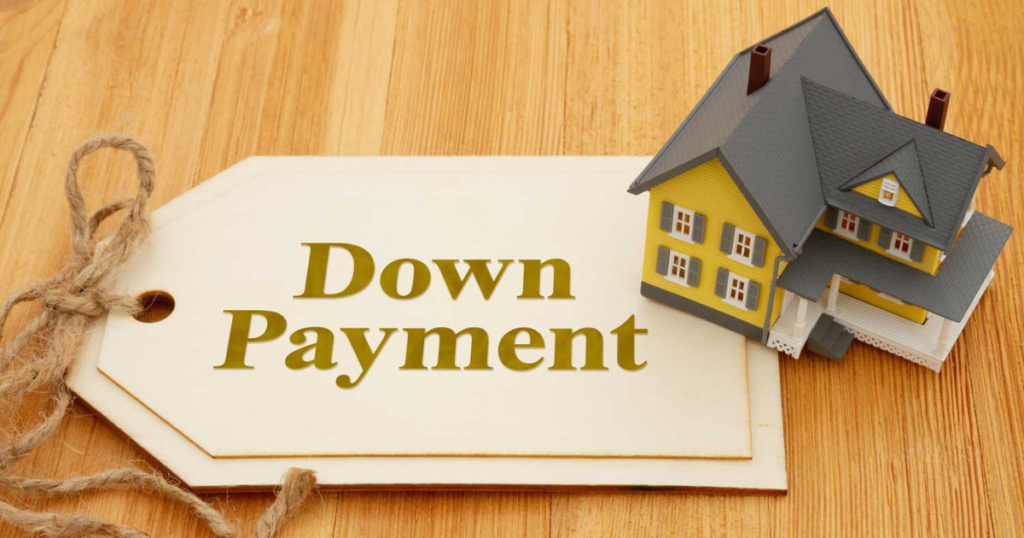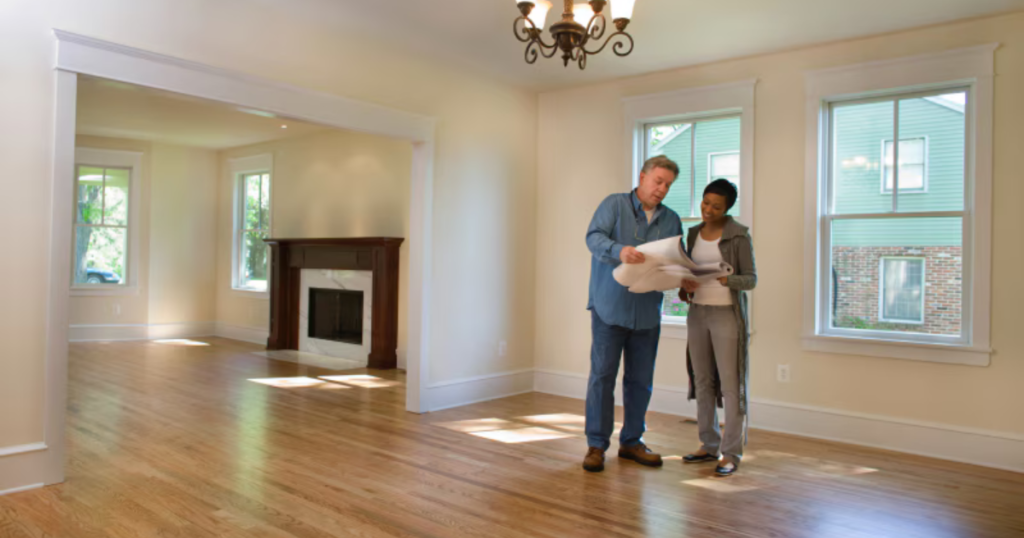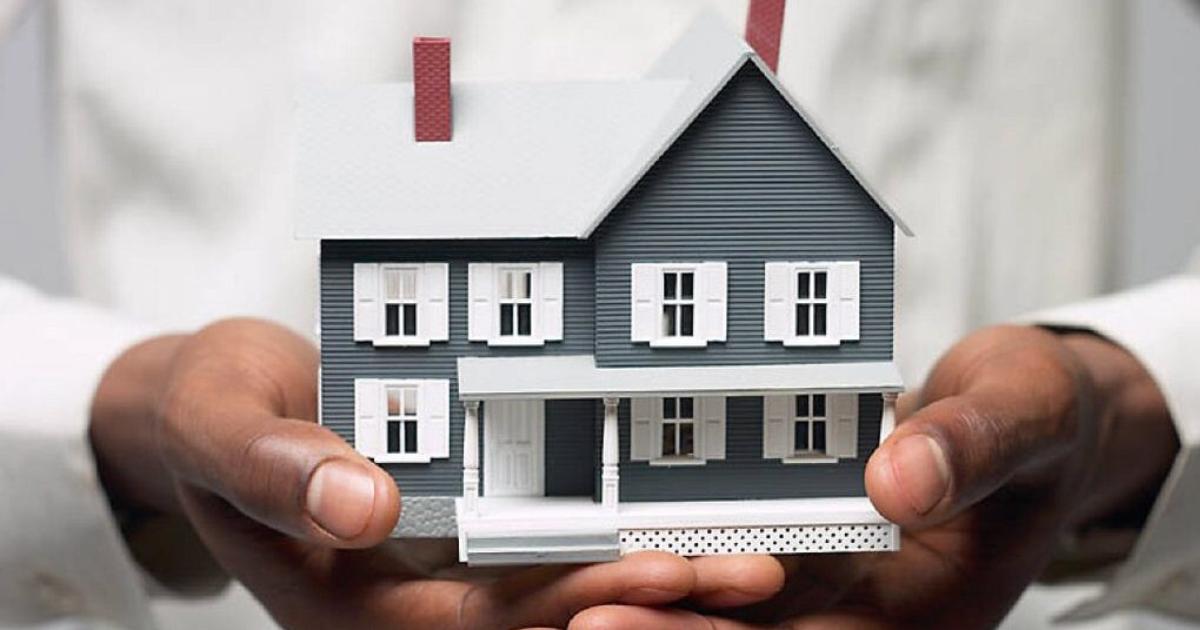Buying your first property is a major milestone and one of the biggest financial commitments you’ll ever make. It requires careful planning, financial discipline, and an understanding of the property market. This guide will walk you through every step of the process, from assessing your finances to getting the keys to your new home.
Before you start house hunting, you need to evaluate your finances. Consider the following:
- Your income and savings
- Outstanding debts and credit score
- Monthly expenses and emergency funds
Lenders will assess your financial health before approving a mortgage, so ensure you have a stable income and a good credit history.

The down payment is one of the biggest upfront costs of buying a home. Depending on your location and mortgage type, it typically ranges from 5% to 20% of the property price. Consider these strategies to save for a down payment:
- Setting up a dedicated savings account
- Cutting unnecessary expenses
- Exploring first-time homebuyer assistance programs
There are different types of mortgages available, including:
- Fixed-rate mortgage – Interest remains the same throughout the loan term.
- Adjustable-rate mortgage (ARM) – Interest rates fluctuate based on market conditions.
- Government-backed loans – FHA, VA, and USDA loans provide benefits for eligible buyers.
Consulting with a mortgage broker can help you understand which option best suits your needs.
The location of your property affects its value and future resale potential. Consider:
- Proximity to work, schools, and amenities
- Crime rates and neighborhood safety
- Future development plans
Research property prices in your preferred area to ensure you’re getting a fair deal. Online real estate platforms and local realtors can provide valuable insights into market trends and price fluctuations.
A knowledgeable real estate agent can guide you through the home-buying process, negotiate on your behalf, and help you find properties that meet your criteria. Look for agents with:
- Strong local market knowledge
- Positive client reviews
- Experience with first-time buyers
Mortgage pre-approval helps you understand your borrowing limit and shows sellers that you’re a serious buyer. To get pre-approved, you’ll need:
- Proof of income and employment
- Credit history and score
- Bank statements and financial records
Once you’re pre-approved, you can start searching for properties. When you find a home you love, follow these steps:
- Inspect the property – Look for structural issues, plumbing, and electrical concerns.
- Compare prices – Ensure the asking price is reasonable based on similar properties.
- Make an offer – Your real estate agent will help draft a competitive offer.

A professional home inspection can uncover hidden issues such as:
- Structural damage
- Mold or water damage
- Outdated electrical or plumbing systems
If the inspection reveals major problems, you can negotiate repairs or reconsider your purchase.
Once your offer is accepted, you’ll move on to closing, which involves:
- Signing legal documents
- Paying closing costs (typically 2-5% of the home’s price)
- Transferring ownership and getting the keys
Many first-time buyers get caught up in the excitement and overspend. Stick to your budget to avoid financial strain.
Neglecting a home inspection can lead to costly repairs down the road. Always hire a professional to evaluate the property.
Apart from the purchase price, consider:
- Property taxes
- Home insurance
- Maintenance and repairs
Also Read: Top Mistakes To Avoid When Applying For A Mortgage
Buying your first property is a significant milestone that requires careful planning and research. By understanding your finances, researching the market, and following a structured approach, you can make informed decisions and find a home that suits your needs and budget. Take your time, seek professional advice, and enjoy the journey to homeownership.
It depends on the property price, location, and mortgage requirements. Generally, you’ll need a down payment (5-20%), closing costs (2-5%), and extra funds for initial expenses.
Yes, but your mortgage options may be limited. Consider improving your credit score before applying or looking into government-backed loans designed for buyers with lower credit.
Market conditions vary, but spring and summer typically have more inventory, while fall and winter may offer better deals due to lower competition.
It depends on your financial situation, long-term goals, and local real estate trends. If you plan to stay in one place for several years, buying may be a better investment.
On average, it takes 30-60 days from mortgage pre-approval to closing. However, market conditions and loan approvals can impact the timeline.

